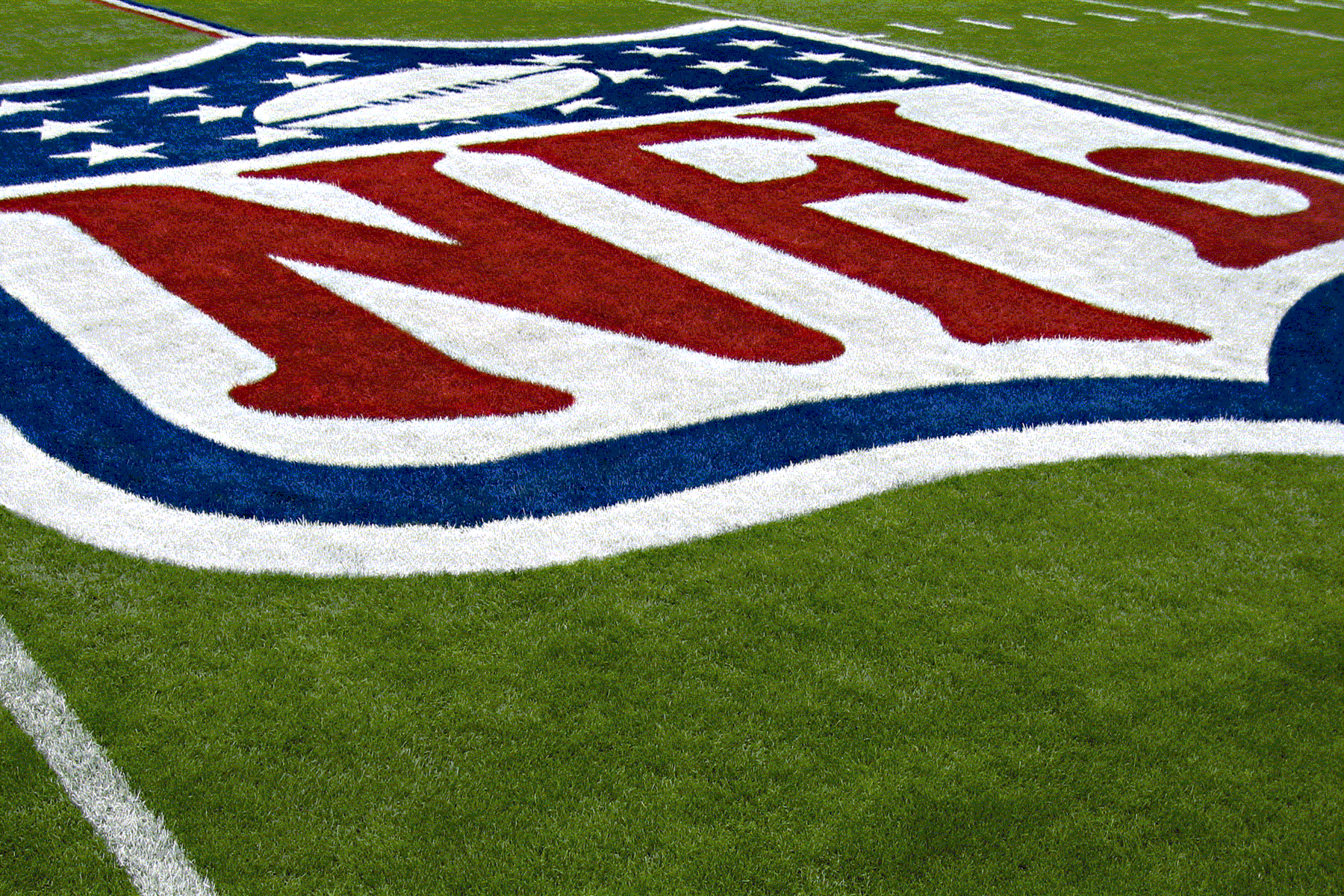New Jersey and gambling have a long history together. Bets have been taken on horses here since the 19th century, the state was a pioneer of the modern lottery in the early 1970s and, of course, there is Atlantic City and its casinos. And now the state is playing host to the Super Bowl — which, in addition to being the National Football League’s championship game, is typically the most gambled-upon event in the U.S. all year. The best estimates are that $10 billion or more will be bet — in all forms — on the game at MetLife Stadium on Feb. 2. But the fact is that, for the most part, betting on sports remains illegal in New Jersey. Residents can be forgiven if they are confused on that point. State regulators approved online gambling late last year, but it is limited to casino games and poker. And the state’s recent bid to allow sports betting is now held up in the federal courts, the result of a challenge by the NFL and other sports organizations.
So here, then, is a primer, on what you can do — and what can land you in legal hot water — when it comes to the rest of the football playoffs and The Big Game itself on Groundhog Day. There’s a Super Bowl pool in my office. Could I get in trouble if I take part?Very unlikely, even though you are breaking the law. Office pools or any other kind of sports betting pools, even among friends, count as illegal bookmaking under a 1992 federal law that allows sports wagering in only a handful of states: Delaware, Montana, Nevada and Oregon. But local, state and federal law-enforcement authorities contacted by The Record said they rarely waste time investigating such small-stakes operations. “While they technically violate the law, nobody cares,” said Peter Harvey, former federal prosecutor and New Jersey attorney general.
“They are designed to build camaraderie around colleagues and just to have some fun.” So where do law enforcement officials draw the line on betting pools?If an organizer wants to take a percentage off the top, law enforcement officials say, put your money elsewhere. “If the house takes a profit,” it’s illegal,said Paul Loriquet, spokesman for the state Attorney General’s Office. “If there’s no third party involved, then there shouldn’t be an issue. But you want to educate yourself before placing that bet.” Pool organizers might say they’ve found a way to work around the law, but you should still be wary, said Bergen County Prosecutor John Molinelli. “Sometimes people get creative: They’ll provide potato chips and beer and charge $120 — that’s illegal,” he said. What else should I avoid?Look out for high-stakes pools operated by large-scale bookmaking operations, authorities say. “Generally, if [gambling rings] are looked upon by law enforcement, they will be higher-level,” Molinelli said.
“The larger the venue, the more likely it will be to come to law enforcement attention.” Local police are also more likely to be drawn to a gaming venue if it’s causing a public nuisance, Molinelli added. How much attention are New Jersey authorities paying to gambling this year?Not much, it seems. Authorities are focused more on keeping everybody safe on Super Bowl weekend. “My office has been very much involved, along with other agencies, in preparing for the Super Bowl being here, from a security standpoint,” Molinelli said. “Right now our priority is to make sure that everything goes well on Feb. 2. We have priorities, and right now our top priority is working with the Attorney General’s Office, Homeland Security, and the state police — let’s make sure this day is safe for all residents.
“That does not mean that if something comes to our attention, if there is a significant gambling in Bergen, that we will not pursue it,” he added. Lt. Stephen Jones of the New Jersey State Police echoed Molinelli. “Gambling is not as important as the primary public safety issue,” Jones said. It’s my money. Why do law enforcement officials care at all if I want to place an illegal bet?Illegal gambling operations are historically fronts for other types of criminal activities, local law-enforcement officials say. And the more money involved, the higher-level the criminals. “What we are talking about is people who are betting serious dollars, hundreds of thousands, on the outcome of a single game,” Harvey said.
“These illegal gambling operations are run by criminals who are well-organized. Sometimes the traditional Mafia, sometimes new organized-crime groups. But whether they are old or new, the goal is to collect as much money as they can, to pay as few winnings as they can, and to then use that money for other criminal activity.” Money from illegal gambling rings can show up in all sorts of bad places, he continued — it can be used to buy guns or drugs or finance any number of criminal schemes. “That’s the real problem,” Harvey said. “Unlike an office pool, this isn’t a group of hardworking, honest people who would put their money in a hat, whoever wins gets first, second, third. These are organized-criminal groups that take in millions. What they do with the proceeds is engage in other criminal behavior. And when somebody bets, especially on credit, and they can’t pay, it introduces violence into the mix.” Does all this mean I have to go to Nevada to make a legal bet on the NFL playoffs?Not quite. Delaware offers limited sports betting at its state-run casinos. What are the odds that I ever get to bet legally on a Super Bowl in New Jersey?It could be a long shot.
State lawmakers approved a plan that would have allowed sports betting at the state’s casinos and racetracks. But a U.S. appeals court has upheld a ruling in favor of the NFL and the other sports leagues who maintain that New Jersey is bound by the 1992 federal law. The state Attorney General’s Office has indicated it will meet a mid-February deadline to appeal that ruling. But the appeal — even if it becomes one of the rare cases accepted by the nation’s highest court — might not be decided until after next year’s Super Bowl. That draws a wince from state Sen. Ray Lesniak, D-Union, who says he had imagined big crowds at the tracks and casinos during this year’s NFL playoffs.
“You’re talking about millions of dollars in revenues and thousands of jobs in Atlantic City and at the Meadowlands and at Monmouth Park,” said Lesniak, Trenton’s top cheerleader for the expansion of gambling in the state. So what’s the deal with all the ads I’m seeing for Internet gambling in New Jersey?As of late November, the state allowed the Atlantic City casinos to launch a total of 15 websites — many with long-established European gambling partners — that permit adults within the state’s borders to play a variety of casino games online from their homes or from their mobile devices. But the wagering does not extend to sports, even though some of the companies offer sports betting in Europe OK, so beyond the law, are there other things I should consider before placing a bet on the game?
Any type of gambling, no matter how small the wager, can quickly turn into an addiction, warn experts on compulsive gambling. Pressures on problem gamblers are especially high during the Super Bowl. “The Super Bowl is the time of year when sports betters try to get even with their losses,” said Don Weinbaum, executive director of the Council on Compulsive Gambling in New Jersey.
A gambling addict who is asked to participate in a seemingly innocuous office pool may be tempted to put money down rather than explain his problem to a co-worker, said former council Executive Director Arnie Wexler, a certified compulsive gambling counselor. What do I do if I think I have a gambling problem? Call a hotline. The state Council on Compulsive Gambling number is 1-800-GAMBLER.
This is a reprint from northjersey.com. To view the original, click here.







